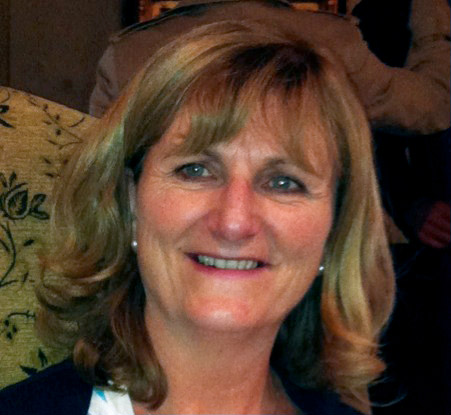
- This event has passed.
Regina Ui Chollatain: “A ‘New’ Gaelic League Idea: Douglas Hyde 100 Years On”
April 10, 2015 @ 4:30 pm
Free
On Friday, April 10, Irish and Celtic studies scholar Regina Uí Chollatáin will present a lecture on “A ‘New’ Gaelic League Idea: Douglas Hyde 100 Years On” at 4:30 p.m. in the James M. Stewart ’32 Theater at 185 Nassau Street. The lecture, part of the Fund for Irish Studies series at Princeton University, is free and open to the public.
Regina Uí Chollatáin is a native of Donegal who began her career in education as a primary teacher in schools in Donegal, Laois, and Ceatharlach. She is now a senior lecturer at University College Dublin on the Revival period, modern Irish literature, and contemporary Irish writing and critical theory, with a focus on Irish language journalism, print and broadcast media, and film studies. She also serves as the Vice Principal Director of the Graduate School. She is the author of four books, including An Claidheamh Soluis agus Fáinne an Lae 1899-1932 (2004) and Iriseoirí Pinn na Gaeilge (2008). In 2003, Chollatáin was awarded the National University of Ireland Post-Doctoral Fellowship in Léann na Gaeilge/an Léann Ceilteach, and was appointed Ireland Canada University Foundation Senior Visiting Professor 2011-12. She was a national tutor for Organising In-Service Training for Language and Technology in Education, a project for which she won the European Label Award for Innovation in Language Teaching and Learning in 2004. She was also awarded the Lil Nic Dhonncha Prize and the Dhonncha Sullivan Medal in 1999, 2001, and 2002. She was the recipient in 2008 of the Oireachtas award for journalistic criticism for the Gaelic column in Iriseoirí Pinn na Gaeilge.
Douglas Hyde, the subject of Chollatáin’s lecture, was a scholar of the Irish language who served as the first president of Ireland from 1938 to 1945. He was a leading figure in the Gaelic revival and first president of the Gaelic League, one of the most influential cultural organizations in Ireland at the time. He dedicated his life to preserving the native Irish language, and his contributions to the cause of Irish language, history, music, and literature led W.B. Yeats to proclaim him the source of the Irish literary renaissance that continues to this day.






